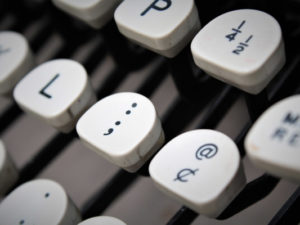
Punctuation Marks: The Colon
The colon is one of the most clearly-defined punctuation marks. It occasionally acts as a stand-in for a comma or period (though when one of these other punctuation marks will do, the colon is unnecessary). Most commonly, the colon functions as an introductory punctuation mark, notifying the reader that the forthcoming information supports, explains, or…Read More
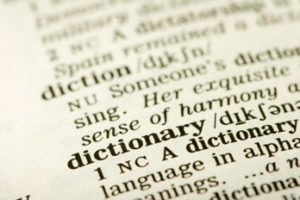
Homophones: Affect vs. Effect
Homophones can be confusing. Luckily, there’s an easy way to remember affect vs. effect. I see it all the time: affect and effect mixed up as if they were completely interchangeable. But they’re not. These two homophones may sound exactly alike, but they don’t even belong to the same parts of speech! If you’ve ever…Read More

Ten Grammar Rules Every Writer Should Know
The more experience I gain as a writer, the more I’m convinced that writing is one of the most difficult skills to master. It’s not enough to tell a great story, share an original idea, or create an intriguing poem; writers are also obligated to pay diligence to the craft. While the content (or message)…Read More
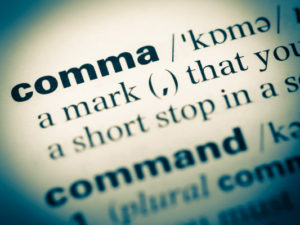
Punctuation Marks: Commas and Clauses
There’s a fine art to using commas. Today we’ll look at how commas work with clauses — both dependent clauses and independent clauses. And don’t worry if you’re not sure which clause is which. Everything will be explained. Independent Clauses and Commas An independent clause can stand alone as a sentence: I watch movies. Two…Read More
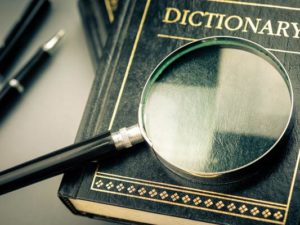
Homophones: Accept vs. Except
The English language is fraught with sound-alike words that look nothing alike on the page (or screen). These homophones have given many writers headaches as they agonize over word choice while composing poems, articles, essays, and stories. Accept vs. except is one such pair of words. Though not among the most commonly confused homophones, these…Read More

Grammar Rules: Split Infinitives
It’s important that we, as writers, know the tools of our trade. Part of our job is to understand the mechanics of language, which includes grammar rules. Yet many writers find themselves asking… What are split infinitives? It’s a term that grammarians and linguists throw around a lot, yet few people, including writers, seem to…Read More
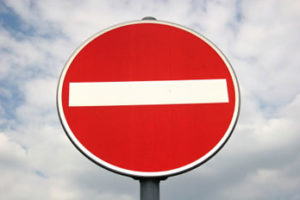
What’s The Difference Between Dashes and Hyphens?
To the passive reader, it’s a short horizontal line that appears somewhere in a text, usually joining two words together. To a writer, it’s something else entirely, but what? Is it a dash, a hyphen, or a minus sign? More than once, I’ve been pecking away at my keyboard and stopped suddenly when confronted with…Read More

Homophones: They’re, There, and Their
Homophones are words that sound the same when pronounced out loud but have different meanings. Homophones such as they’re, there, and there confuse kids, slip past spell check, and pop up all over the place as typos and misspellings. To make things worse, many homophones have different spellings, which means spell check ignores them, since alternative spellings…Read More

Grammar Guidelines Versus Grammar Rules
In grammar, there are rules and then there are guidelines. Rules may sometimes be broken, but usually breaking the rules of grammar leads to prose that sounds awkward and is indisputably incorrect. But breaching the guidelines often leads to prose that sounds more natural. An example of a grammar rule would be the use of…Read More
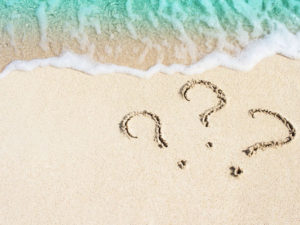
How to Misuse Punctuation Marks
What is it about punctuation marks that cause so many bad sentence constructions? You know the sentences I’m talking about. They’ve got random commas, missing quotation marks, and way too many exclamation points. To make matters worse, some writers break the rules and get away with it while others are chastised for doing (what appears…Read More



